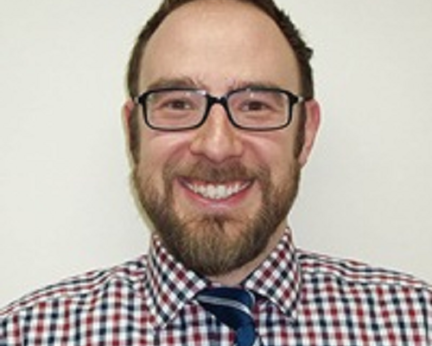My typical day at Balham Park Surgery usually starts at about 8.15 am when I deal with letters and other paperwork until my first patient arrives at 8.40 am. I then see about 15 patients individually until 11.40 am. We then have a 20 minute meeting with everyone who works in the surgery, including the reception and nursing staff. We review difficult cases, allocate home visits and discuss patients who are coming in for a same day emergency appointment.
My day continues with more paperwork, such as writing referrals to hospital specialists and reviewing the results of blood and other tests we have sent to the pathology lab. Lunch is usually a sandwich while I carry on with admin. Once a week we try to have a team lunch with all the surgery staff.
After that I might do a home visit for patients who are too frail or elderly to come into the surgery. The afternoon continues with tackling my phone call list before my next clinic starts, which runs from 3.00 pm until 5.40 pm. I usually finish work at around 7 pm, after finishing off emails, phone calls and letters.
I enjoy working with elderly patients and have made care of the elderly my main special interest. Elderly patients often have genuine medical pathology and treatment involves making sensible and realistic decisions. Older bodies also work differently and this makes them even more interesting.
One morning a week I work at a local residential home for the elderly, where many of the patients have dementia. I work closely with an advanced nurse practitioner, particularly in the context of trying to provide very high quality end of life care.
GPs have a responsibility to keep learning throughout their careers, and in the surgery we share that learning with colleagues. I recently attended a conference about non-pharmacological treatments for dementia – where prescriptions for 30 minute sessions of crafts, games, reminiscing, music and massage were recommended.
One afternoon a week during term-time is spent teaching medical students from St Georges Hospital about Primary Care. I also participate in the extended hours rota, which involves working on Saturday mornings about once every four months.





